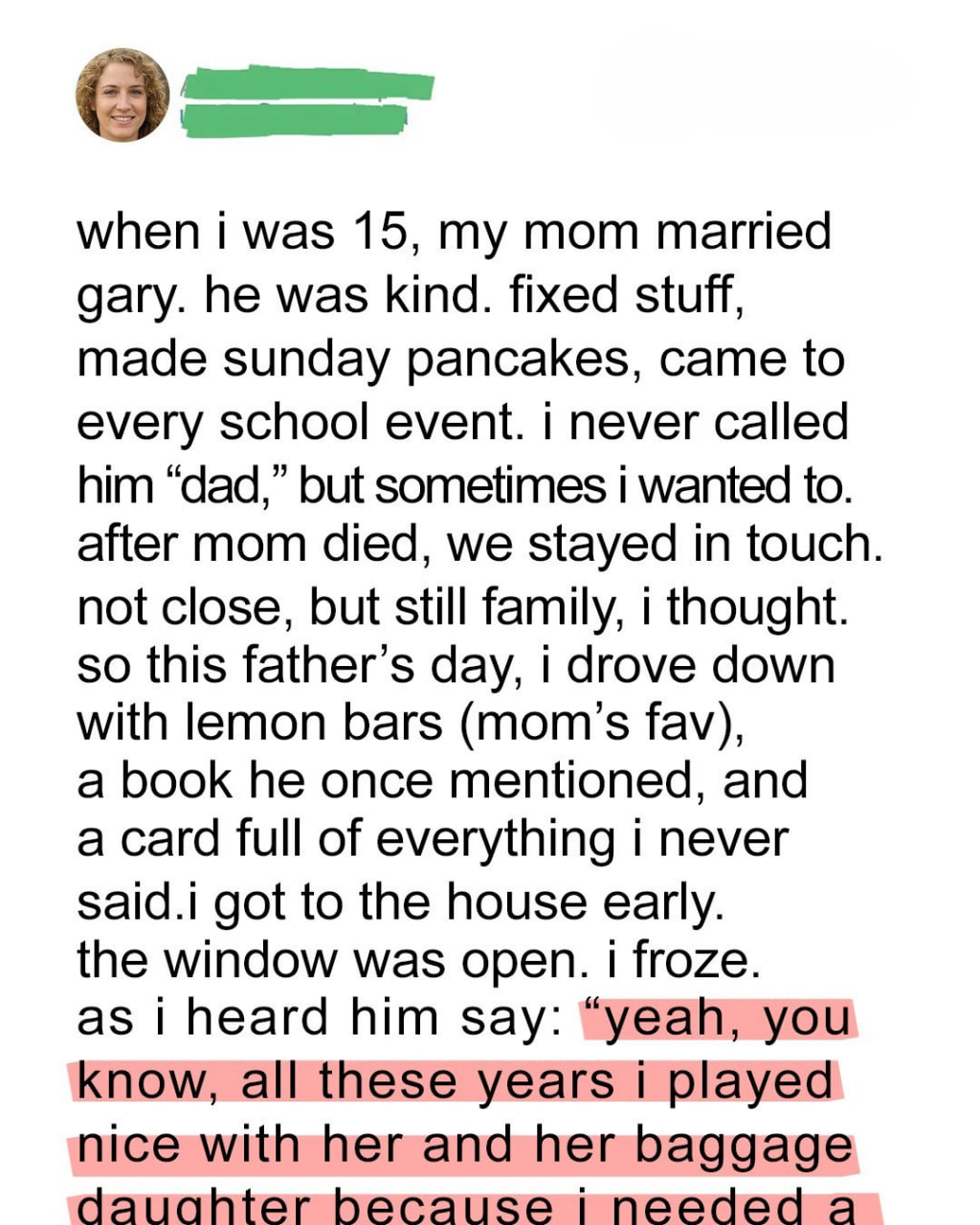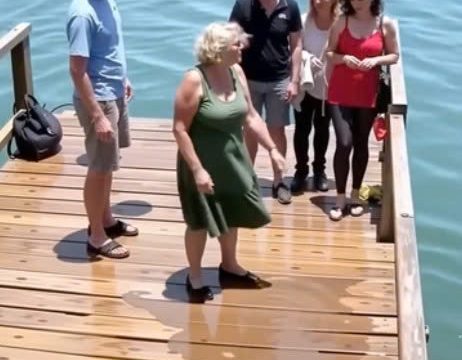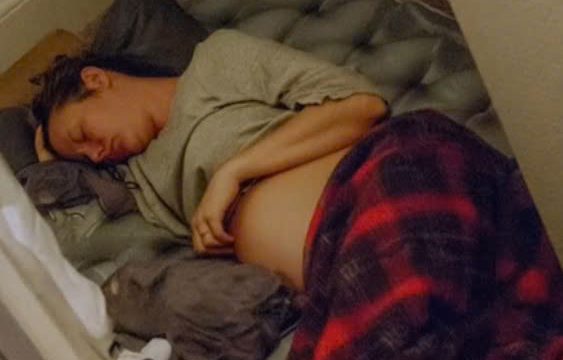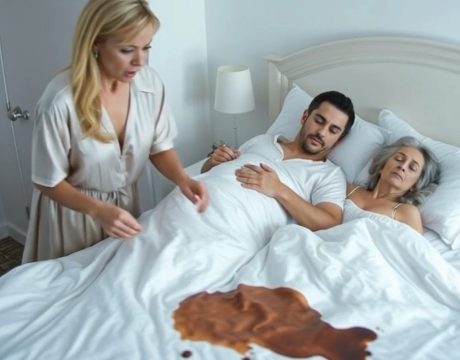On Father’s Day, I made the decision to finally thank the man who had stepped into my life when my biological father had walked away. I carried a heartfelt card, a batch of my mother’s famous lemon bars, and a decade’s worth of unspoken gratitude. What I never imagined was that I’d end up leaving in tears, my heart shattered by a truth I never expected to hear.

My mother married Gary when I was fifteen. My father had disappeared when I was just a baby, so for most of my childhood, it was just Mom and me against the world. When Gary entered the picture, I didn’t know how to feel. He wasn’t overbearing or pushy. He was calm, helpful, always ready to fix something around the house, never missing a school event, and making perfect pancakes on Sunday mornings. I never called him “Dad,” but in the back of my mind, I often wondered if maybe one day I would. Gary never pushed for that title either. He didn’t force a bond—he just showed up and stayed.
When my mom passed away from cancer two years ago, Gary and I leaned on each other in our own quiet ways. We weren’t close exactly, but we were connected by the shared grief of losing her. Now, at 25, living out of state and working as a graphic designer, I felt that this Father’s Day was the right time to return and express what I had kept inside all these years. I baked the lemon bars Mom used to make, bought him a book about World War II he’d once said he wanted to read, and wrote a heartfelt card. In it, I told him, “You weren’t my father by blood, but you showed up. You stayed. You mattered.” I was nervous as I walked up to the house I grew up in, the weight of years in every step. I paused at the porch, just before knocking, when I heard Gary’s voice through the open window.
He was laughing, talking on the phone. “I never loved her,” he said casually. “Stayed for the house. Free rent, no mortgage. That’s the whole reason.” I froze. I felt like the air had been sucked out of my lungs. He laughed again. “And the kid? Just part of the deal. Made pancakes, went to plays—it was all an act.” My knees buckled. I couldn’t believe what I was hearing. And then came the final blow. “Her real dad? He used to send letters, tried to come back into her life. I trashed every single one.” I rang the doorbell, my hands trembling. When he opened the door, he looked surprised—and then uneasy. “You meant what you said?” I asked, holding back tears. He hesitated, mumbling, “It was just talk… You know how guys are…” “No,” I said sharply.
“Don’t you dare excuse it. You made me believe you cared. You destroyed my father’s letters. You stole something I can never get back.” I pulled the card from my bag—the one filled with everything I never told him—and dropped it on the floor between us. “Add it to your collection of lies,” I said, and turned around without looking back. Weeks later, still feeling the sting of betrayal, I contacted the lawyer who had handled my mother’s will. I needed closure. What he told me shocked me to my core. “Jenna,” he said, “your mother left the house entirely to you. You’re the sole beneficiary.” Gary wasn’t even mentioned. I returned to the house soon after, this time with an eviction notice in hand. When Gary opened the door and saw me, he didn’t speak. He looked pale, defeated. I looked him straight in the eye and said, “This house was never yours.” He didn’t argue. He packed his belongings and left. I watched him drive away, and with every step he took off that property, the burden of years lifted from my shoulders. I know my mother would’ve been devastated by the truth, but I also believe she would be proud of me—proud that I stood up for myself, proud that I reclaimed not just the house, but also my dignity, my identity, and my future.





